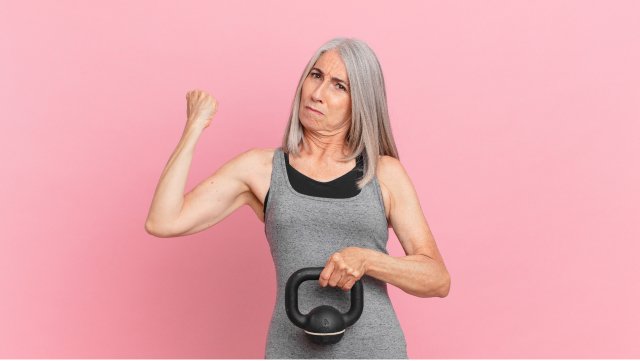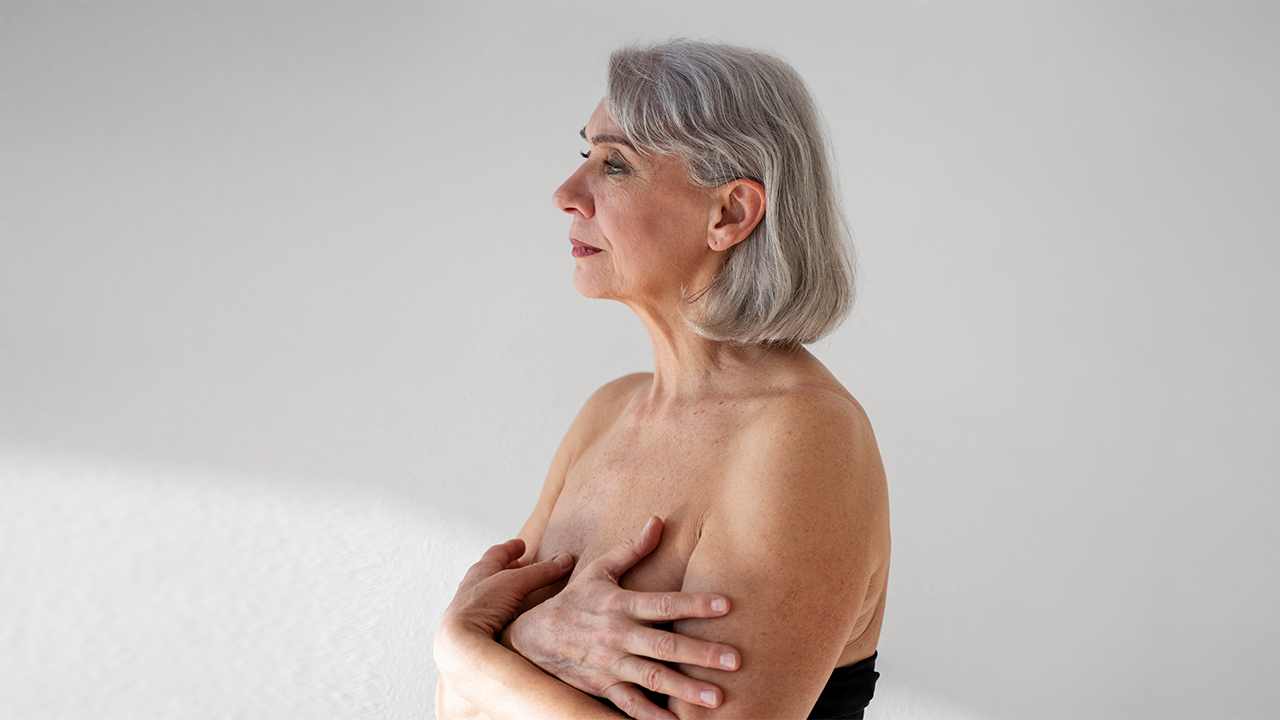Introduction
libido is a term used to refer to a person’s sexual desire. It’s often thought that libido decreases with age, but this isn’t always the case. In some cases, low libido with age can be caused by hormone changes or medical conditions. That affects your sex organs. But don’t worry: there are plenty of ways to increase your desire and enjoy satisfying sex. Even if you’re getting older!
What is libido?
Libido is a person’s sex drive, which can be defined as the intensity of their interest in having sexual intercourse. It differs from arousal and desire in that it refers to how often someone wants to have sex. While arousal and desire refer more specifically to the physical state of being turned on.
The term “libido” is often used interchangeably with “sex drive,” but there are two important differences between them. Libido isn’t always synonymous with both arousal and desire. Instead, it refers only to how often you want to have sex (i.e., whether you feel like having intercourse).
What causes loss of libido with age?
Low libido with age is a common problem that can be caused by physical or psychological issues. The most common cause of loss of libido is depression or anxiety. And the second most common cause is medication side effects. Other causes include chronic illness, fatigue, and stress.
How common is low libido in older people?
While it’s common for people to experience a decrease in their sex drive as they age, the topic is rarely discussed. In fact, we’ve even found that only about half of older women have ever discussed it with their doctor—so you may be wondering: why does this happen? What are the causes? And how can I get back my libido?
The good news is that there are several potential reasons behind low libido and lots of options available for treatment. If you’re experiencing loss of libido with age and want to learn more about how to get your groove back, read on!
How is age-related to sexual health?
Age has a very direct impact on sexual health. For example, your libido typically decreases with age. Your sex drive may also decline as you get older. And it’s likely that you’ll have less frequent sexual activity with age—both frequency and satisfaction levels fall off over time.
In addition to this, sexually transmitted diseases (STDs) become more common with age because people are less likely to use condoms as they get older: they lose interest in sex or become less able to perform physically due to physical health problems or medications. STDs such as chlamydia can lead to infertility if left untreated, so it’s especially important for older adults to protect themselves from STDs by using condoms correctly every time they engage in any type of sexual activity (even oral).
The risks associated with cancer also increase significantly when you reach middle age and beyond; this means that sexually active women are much more likely than men in their same age group (or even younger!) because they’ve reached an age where the risk is higher anyway
How can I improve my libido with age?
There are several things you can do to improve your libido.
- Exercise regularly
- Eat a balanced diet with lots of fresh fruit and vegetables
- Reduce stress by taking time out every day to do something relaxing, such as going for a walk or reading a book in your favorite spot
- Connect with your partner and talk about how they would like to be treated sexually (be careful not to offend them – some people prefer being touched in certain ways)
- Try different positions when having sex, experiment with toys like vibrators or dildos, and find out what works best for you

Read Also
Exercise After 50: Which Should You Do?
Things to avoid if you have a low libido with age.
- Avoid smoking. It’s a well-known fact that nicotine can decrease libido and make it harder to get aroused, so if you want to keep your sex drive strong, this isn’t something you should be doing.
- Avoid drinking too much alcohol. While alcohol tends to give people more of an appetite for passion in the short term, it can also cause dehydration and other problems that can lead to low libido over the long term.
- Avoid taking recreational drugs (including marijuana). Recreational drugs like cocaine or ecstasy have been linked with decreased sexual desire, which is one reason why these substances are illegal in most places around the world! If you’re interested in having regular sex with your partner(s), then it’s best not to dabble in any kind of drug use—or at least wait until after your high has worn off before attempting anything intimate with them again!
Can medication and supplements help low libido with age?
Medication and supplements can help with libido.
They can also help with other symptoms that are often associated with low libido, like depression, anxiety, and lack of energy.
Sexual health issues such as erectile dysfunction (ED) and premature ejaculation (PE) are also common in older men. Medication and supplements can treat these problems too!
When should I talk to my doctor about low libido with age?
If you are experiencing a low libido with age, and it is affecting your quality of life, then you should talk to your doctor.
Your doctor might suggest the following ways to increase your sex drive:
- Take a multivitamin that contains vitamins B2, B3, B6, and folic acid. These nutrients have been shown to help boost hormone levels in both men and women.
- Consider taking testosterone supplements if prescribed by your doctor or pharmacist. Testosterone helps boost sexual desire in both men and women.
Don’t be afraid to discuss your concerns with a professional.
Talking to your doctor about sex is not only a good idea, but it’s also an important one. Don’t feel embarrassed or ashamed—this is a common problem that many people experience. If you’re having problems in the bedroom, don’t let it get worse. Don’t wait until it’s too late. The sooner you bring up your concerns with someone who can help, the sooner they will be fixed!
Conclusion
Our bodies change as we get older, and that includes our libido. Libido is a complex phenomenon and it’s affected by many factors, including age, health status, medications, and lifestyle choices. As you can see from this article, it’s not just about erections or vaginal lubrication—it affects your overall sense of well-being too!
